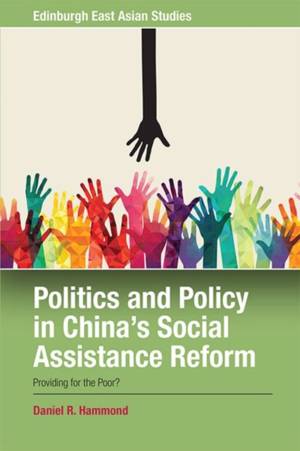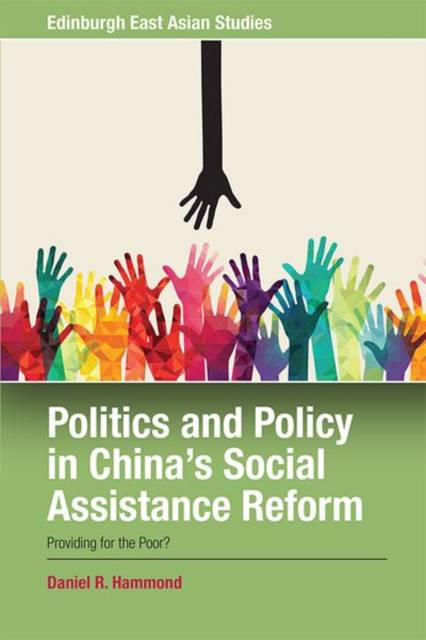
- Retrait gratuit dans votre magasin Club
- 7.000.000 titres dans notre catalogue
- Payer en toute sécurité
- Toujours un magasin près de chez vous
- Retrait gratuit dans votre magasin Club
- 7.000.0000 titres dans notre catalogue
- Payer en toute sécurité
- Toujours un magasin près de chez vous
Description
Every day in the People's Republic of China 70 million people receive help from the state through the minimum livelihood guarantee (dibao). What began as a reform in the city of Shanghai in the early 1990s is now a key component in the measures used by the Communist Party of China to maintain social stability and legitimacy. While scholars regularly discuss how effective dibao has been in alleviating poverty very little addresses what influenced its development. This book argues that in order to understand dibao we need to look at how the programme emerged and how it has developed in the years since. Drawing on newspaper articles, government reports and interviews with key officials and researchers, the book also addresses debate on the policy process in China as a whole.
Spécifications
Parties prenantes
- Auteur(s) :
- Editeur:
Contenu
- Nombre de pages :
- 192
- Langue:
- Anglais
- Collection :
Caractéristiques
- EAN:
- 9781474420112
- Date de parution :
- 05-12-18
- Format:
- Livre relié
- Format numérique:
- Genaaid
- Dimensions :
- 155 mm x 239 mm
- Poids :
- 453 g

Les avis
Nous publions uniquement les avis qui respectent les conditions requises. Consultez nos conditions pour les avis.






